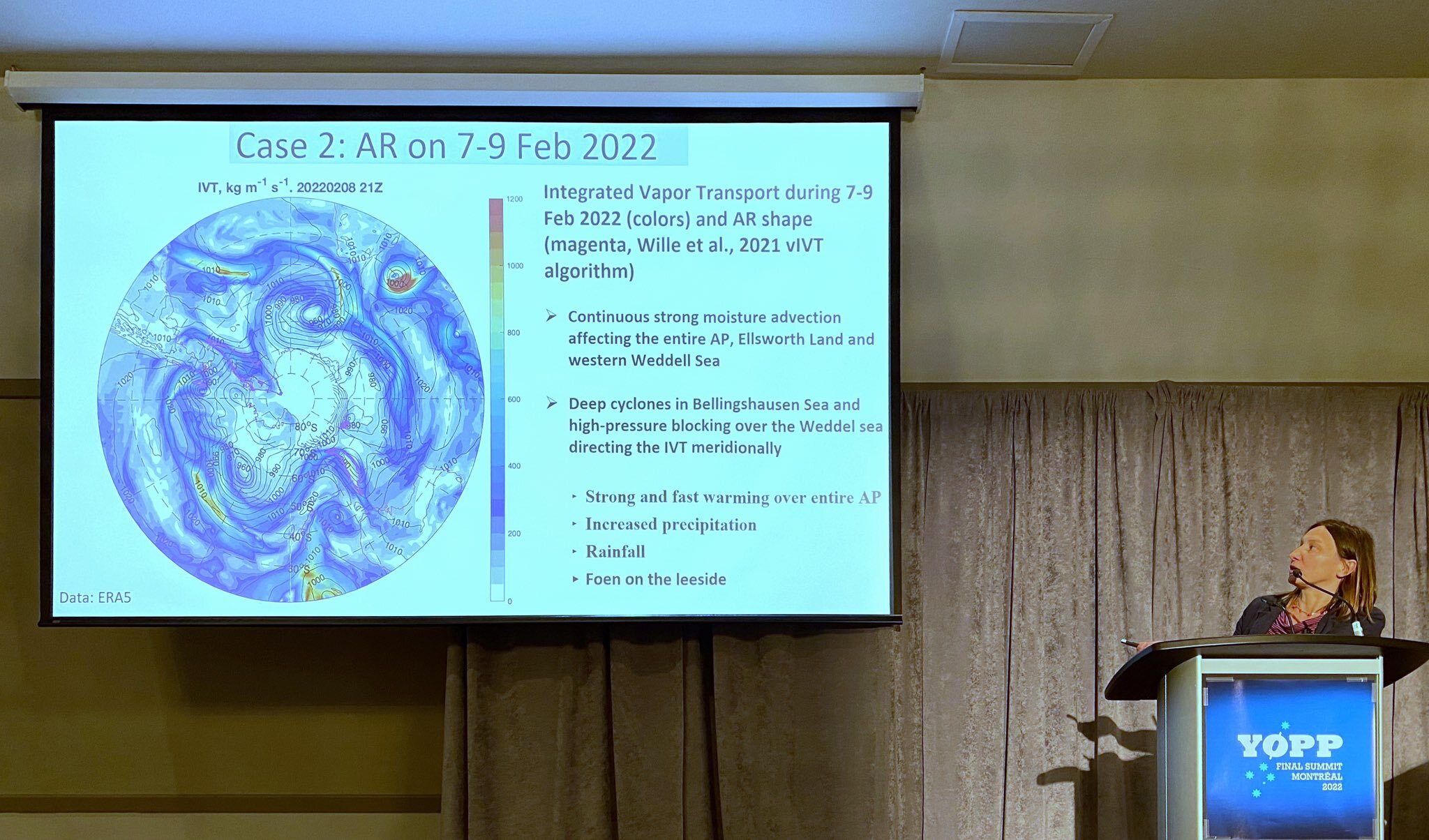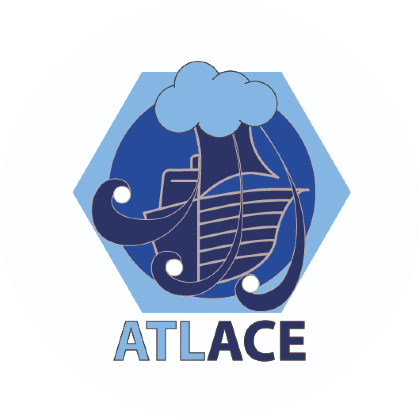May 22, 2018 by Letizia Biafore

Lorem ipsum dolor sit amet, consectetuer adipiscing elit. Aenean commodo ligula eget dolor. Aenean massa. Cum sociis natoque...
Project ATLACE - ATLantic interactions via atmospheric water cycle: exploiting a unique dataset from the Antarctic Circumnavigation Expedition (ACE)
May 2, 2018 by James Wright

Lorem ipsum dolor sit amet, consectetuer adipiscing elit. Aenean commodo ligula eget dolor. Aenean massa. Cum sociis natoque...
Project ATLACE - ATLantic interactions via atmospheric water cycle: exploiting a unique dataset from the Antarctic Circumnavigation Expedition (ACE)
Jun 9, 2018 by Delinda Cammarata

Lorem ipsum dolor sit amet, consectetuer adipiscing elit. Aenean commodo ligula eget dolor. Aenean massa. Cum sociis natoque...
Project ATLACE - ATLantic interactions via atmospheric water cycle: exploiting a unique dataset from the Antarctic Circumnavigation Expedition (ACE)
about ATLACE project
Future predicted sea level rise and increase in extreme weather events will have significant impacts on society. Prediction of these impacts strongly depends on a correct understanding of precipitation as part of the enhanced global water cycle. Our project “ATLantic interactions via atmospheric water cycle: exploiting a unique dataset from the Antarctic Circumnavigation Expedition for better understanding of clouds and precipitation (ATLACE)” offers progress in quantitative understanding of precipitation mechanisms focusing on the two edges of the Atlantic Ocean – the Southern Ocean/Antarctica and Portugal. While far from each other, the regions are linked by common mechanisms responsible for the intense precipitation formation, including the important role of the poleward transport of moisture from lower latitudes, impact of aerosols on cloud-precipitation properties, and the significance of mixed-phase clouds for intense precipitation formation.
Professor David Walton, chief scientist of the Antarctic Circumnavigation Expedition, passed away on 12 February 2019. The PI and collaborators of this project express deep respect for his efforts and enthusiasm for Polar Regions and would like to dedicate this project to his memory. David Walton showed a true tenacity of Fernão de Magalhães bringing the ACE expedition to a success despite many challenges.
OUTCOMES
Divers
Funding
FCT – Fundação para a Ciência e a Tecnologia
Programme – Projetos de Investigação Científica e Desenvolvimento Tecnológico no Âmbito das Comemorações do V Centenário da Viagem de Circum-Navegação – 2019
ACE expedition videos:
LATEST NEWS
-

-
Presentations at XIII Portuguese Conference on Polar SciencesDecember 15, 2021/




